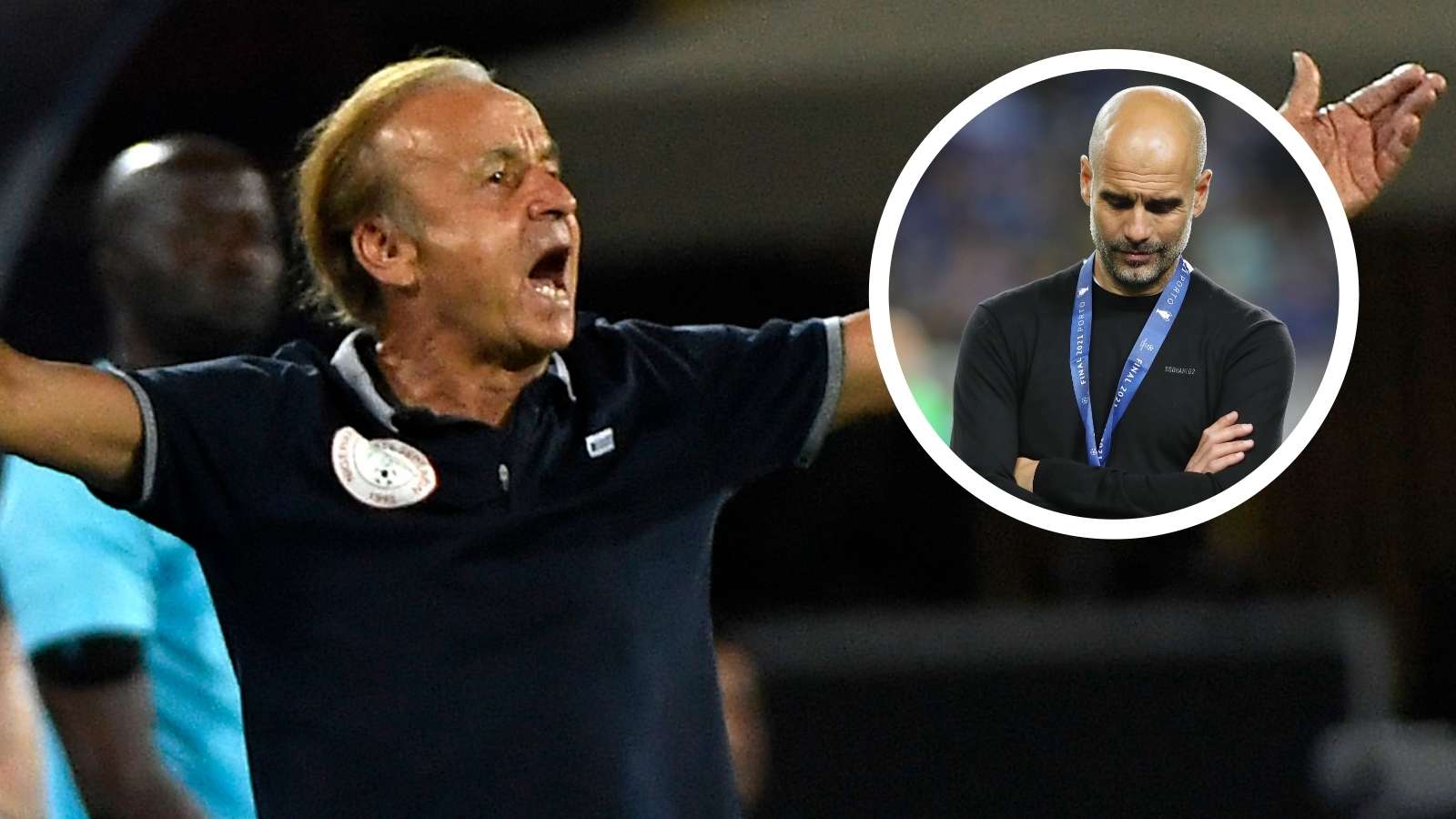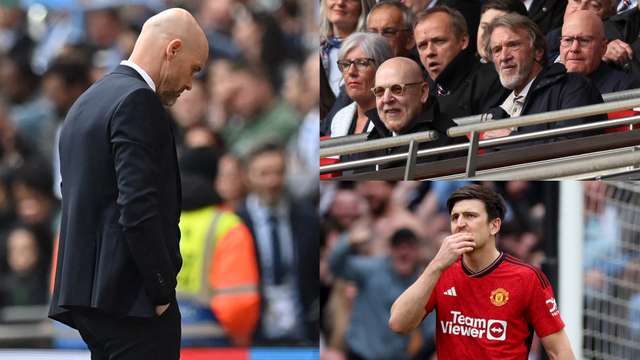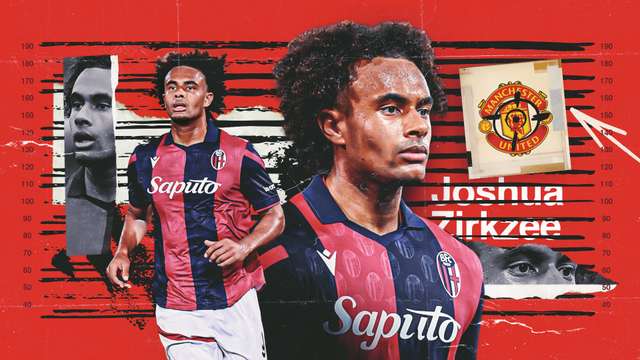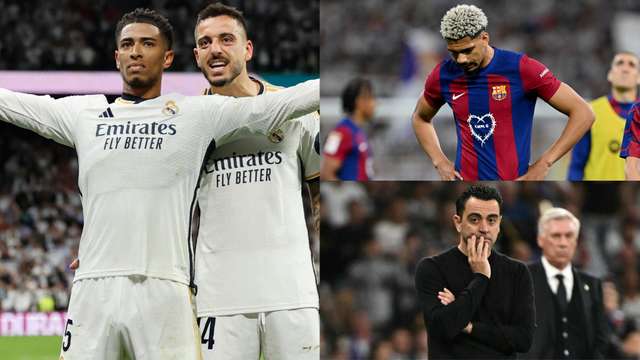In the October 2020 friendly between Nigeria and Tunisia, Super Eagles coach Gernot Rohr trialled an interesting, bold new structure.
It seemed to go under the radar for most observers, and it is not difficult to see why.
For one thing, it was not very memorable, especially after a first-half that saw both teams find the back of the net and Kelechi Iheanacho miss a penalty.
It was, by virtue of the venue, ambience and camera angle, a taxing match to follow. There was also the fact that it followed a disappointing friendly a few days prior, which finished in a limp 1-0 defeat at the hands of Algeria.
If this all sounds eerily familiar, it is because a lot of the same themes were repeated on Tuesday when the Super Eagles ran it back against Cameroon’s Indomitable Lions at the Wiener Neustadt Stadium.
Following a lone-goal defeat in the first meeting five days prior, few were in the mood to tune in for a re-tread, and even fewer expected a leggy side to suddenly burst into life the second time around.
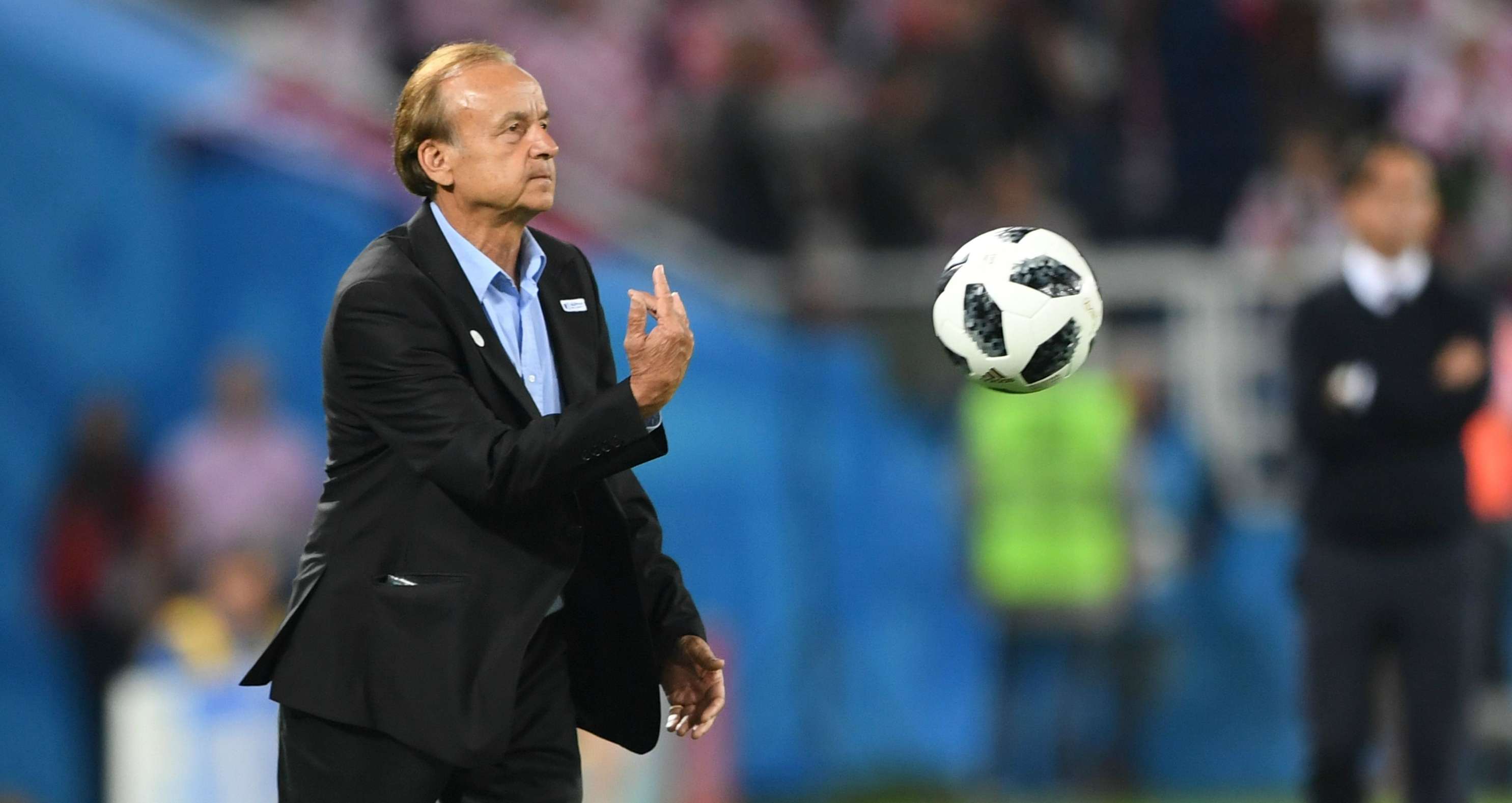 Getty
Getty
However, Rohr introduced some intrigue into the proceedings by rolling out the same structure from that Tunisia draw. The result – a very bold 4-3-3 with Alex Iwobi and Kelechi Iheanacho in midfield – evoked Manchester City’s 'free eight' concept in Pep Guardiola’s first title-winning season in English football.
At the base, Wilfred Ndidi provided an approximation of peak Fernandinho, completing a central triangle with vertices shifting in reference to the position of the ball.
The idea seemed to be a possession-based game, geared toward patiently working the ball through Cameroon pressure and into the final third; out of possession, the team pushed right onto their opponents, seeking to deny space and harry long balls down the field, which would then (in theory) be recycled to begin another possession phase.
The results were decidedly mixed.
There were pockets of success, especially in the second half when, after initial uncertainty, Nigeria’s build-up seemed a little more fluid. In the first half, the most interesting rotations were to be seen on the left: instead of the left-back inverting, Alex Iwobi would occasionally drop deeper, allowing Jamilu Collins to overlap and Moses Simon to pinch in-field.
On the right, Ahmed Musa held the width while Abdullahi Shehu sat deeper and slightly narrower and Iheanacho was oriented higher and played closer to Paul Onuachu.
 Alex Morton / Getty Images
Alex Morton / Getty Images
Where it fell down, really, was on personnel.
The centre-back pairing of Chidozie Awaziem and Valentine Ozornwafor ultimately kept the door shut, but were unable to fulfil the demands of the tactical idea both in possession (both) and out of possession (the latter).
Their inability to play through the gaps as they appeared made the team’s build-up even slower than it needed to be, and too often resulted in players receiving the ball with their backs to goal and under pressure, instead of facing forward or on the half-turn.
Similarly, the rusty Ozornwafor (seemingly prized solely for being left-footed) was slow to push up and shut down opponents when Cameroon tried to go over the high press, allowing his direct opponent to receive the ball in space between the lines and either play a wall pass or turn.
This allowed the Indomitable Lions to break on an exposed defence, and underlined the inherent risk with the structure as a whole: without all units backing up the press and keeping compact in all phases, it can be quite easy to play through.
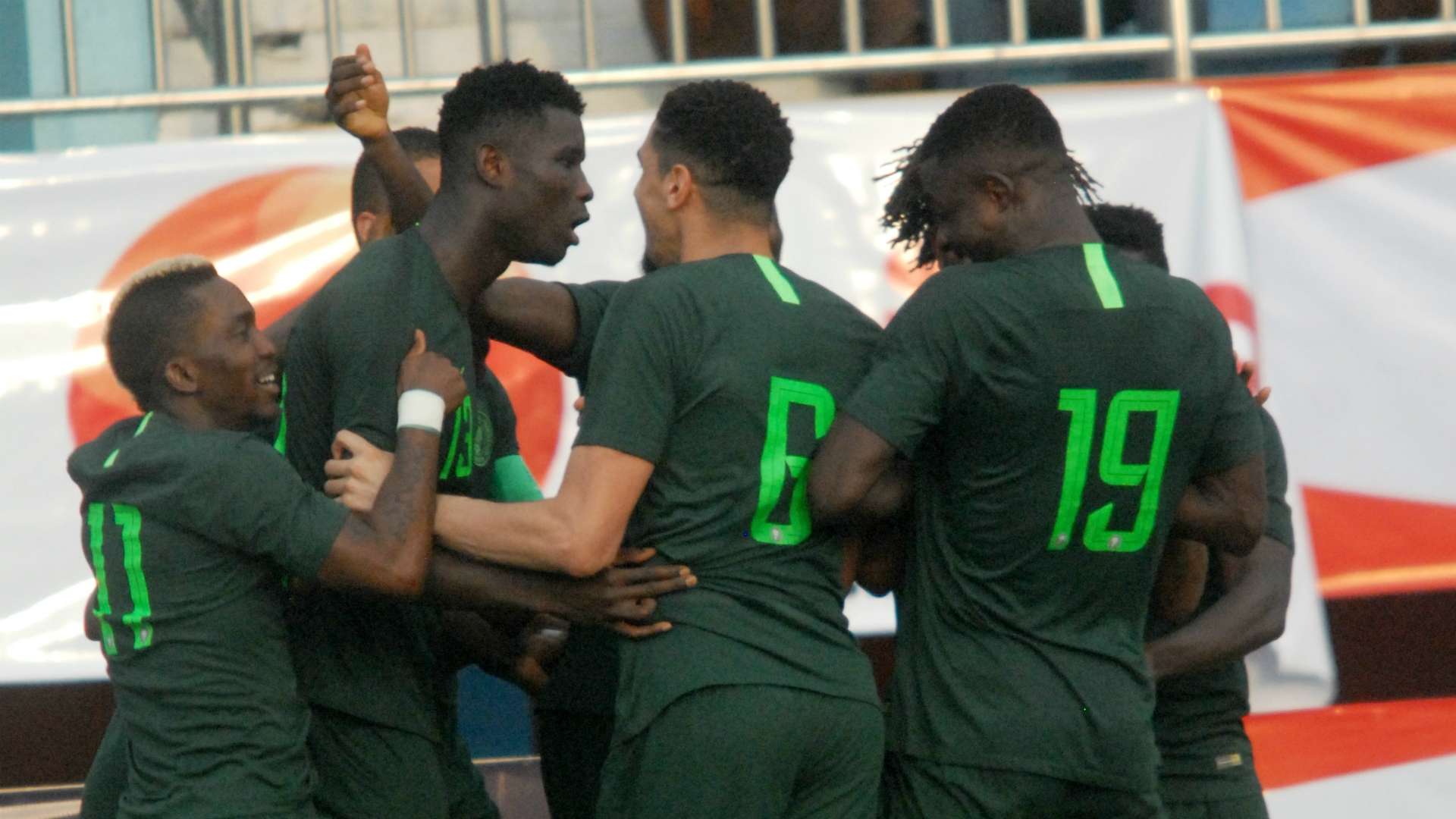 Shengolpixs
Shengolpixs
It also did not help that the team was without so many attacking regulars.
Upfront, Onuachu did little to upset the idea he plays worse as a starter, offering little by way of link-up play when he came deep and scant movement when he stayed high.
Width was all Musa held, being utterly peripheral and shorn of the one asset that has built him an international career: dynamism.
Iheanacho looked short on intensity, unsurprising both considering the club season is over and when you understand his personality is unlikely to meld well with professional rigour at all times.
As if to make the point, the team looked that little bit sharper after the break as, first, Onuachu was taken off for Terem Moffi, and then Marcus Abraham came on to play on the right.
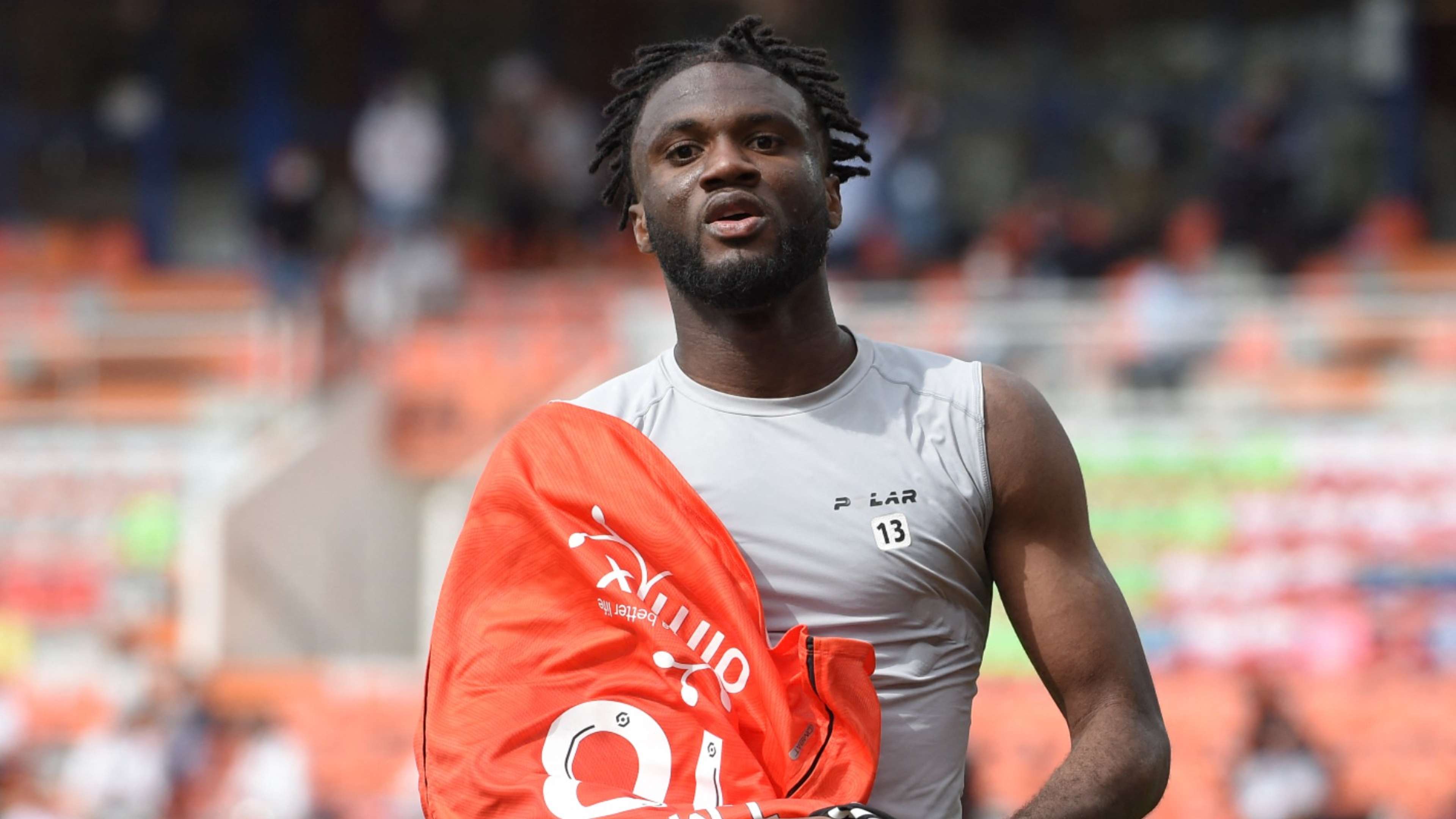 Getty
Getty
Ball retention in the final third instantly improved, and the Super Eagles slowly seized control, enjoying something of a flurry late on to almost steal the game.
On the whole, even without a goal to liven the occasion, this offered a lot more interest for Nigeria from a tactical perspective.
It was Rohr doing something he has often been accused of not doing: trying new things.
What is more difficult to understand is whether this is an idea that was foisted on him by circumstance (remember that, for that Tunisia game, he was similarly handicapped in terms of selection options), or if it is a template he intends to build on in the medium term.
